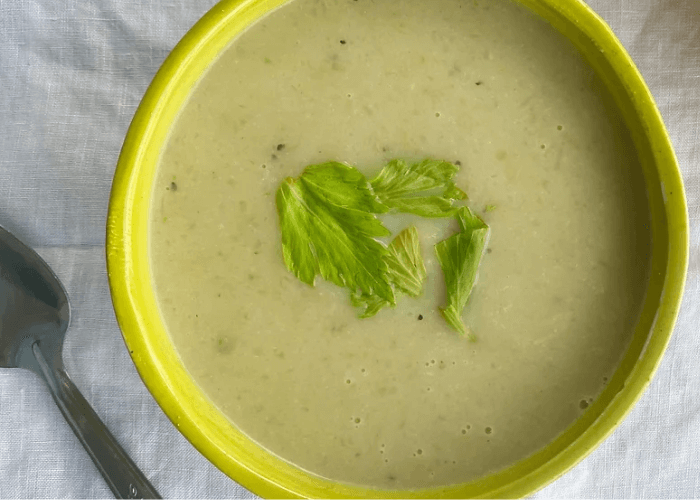Reducing Your Footprint
Your “footprint” is the sum of resources used to get your food from a farm to your plate. This encompasses factors such as greenhouse gas emissions, water usage, land use, and waste associated with production and consumption.
Reducing your footprint conserves valuable resources for future generations, contributes to a healthier planet, protects ecosystems, and preserves biodiversity. There are several ways to reduce your footprint:
- Choose local and seasonal foods – Visit farmers’ markets or join a community-supported agriculture (CSA) program.
- Minimize food waste – Plan your meals, store food properly, and use leftovers creatively to minimize waste. You can even use your vegetable scraps to make vegetable stock!
- Reduce packaged and processed foods. Choose whole foods and bulk items whenever possible. Use reusable containers instead of single-use containers like plastic bags and bottles.


